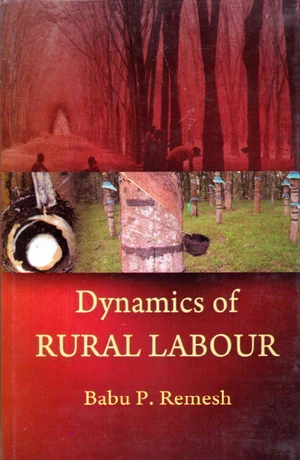Social change as a sociological term is defined as, alterations in basic structures of a social group or society. Social change is an ever present phenomenon in social life, but has become especially intense in the modern era. The origins of modern sociology can be traced to attempts to understand the dramatic changes shattering the modern world and promoting new forms of social order. An example of this is globalization. Migration is a process of social change where an individual, alone or accompanied by others, because of one or more reasons of economic betterment, political upheaval, education or other purposes, leaves one geographical area for prolonged stay or permanent settlement in another geographical area. It must be emphasized that migration is not only a trans-national process but can also be rural-urban. Any such process involves not only leaving social networks behind (which may or may not be well established) but also includes experiencing at first a sense of loss, dislocation, alienation and isolation, which will lead to processes of acculturation. Migration was almost exclusively male, short-term and seasonal, mostly between one and six months at a time. Since then migration has if anything increased further (respondents uniformly reported this), with a greater diversity of migration destinations and durations, and some move towards longer-term migration, especially to urban areas. But there is still very little permanent migration, in the sense of definitive departure of households from the village. The book is expected to be useful for the students of sociology and others who are interested in the studies of social change.
Price history
Nov 19, 2022
€385.17

